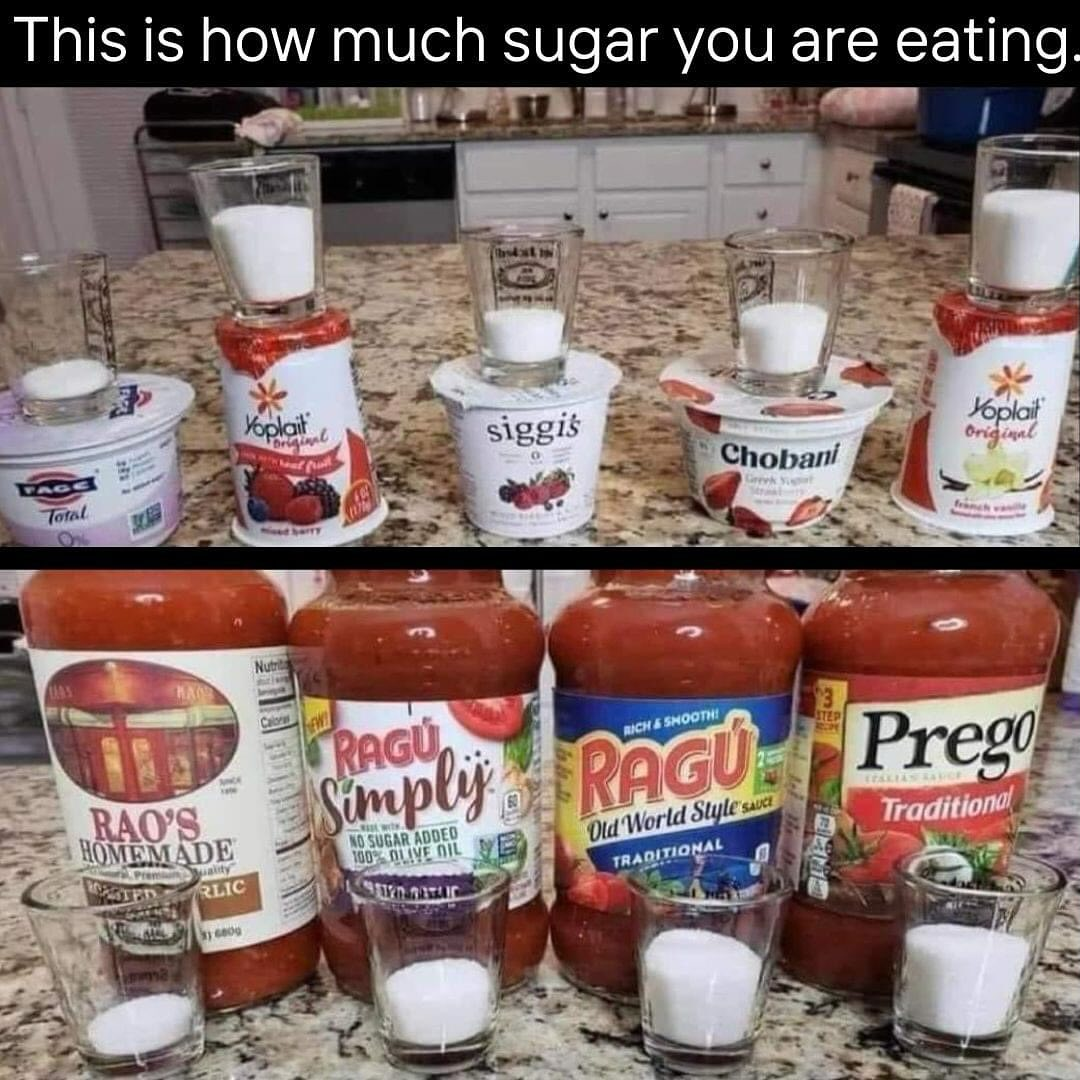this post was submitted on 05 Nov 2024
627 points (91.9% liked)
memes
10428 readers
2416 users here now
Community rules
1. Be civil
No trolling, bigotry or other insulting / annoying behaviour
2. No politics
This is non-politics community. For political memes please go to !politicalmemes@lemmy.world
3. No recent reposts
Check for reposts when posting a meme, you can only repost after 1 month
4. No bots
No bots without the express approval of the mods or the admins
5. No Spam/Ads
No advertisements or spam. This is an instance rule and the only way to live.
Sister communities
- !tenforward@lemmy.world : Star Trek memes, chat and shitposts
- !lemmyshitpost@lemmy.world : Lemmy Shitposts, anything and everything goes.
- !linuxmemes@lemmy.world : Linux themed memes
- !comicstrips@lemmy.world : for those who love comic stories.
founded 1 year ago
MODERATORS
you are viewing a single comment's thread
view the rest of the comments
view the rest of the comments

Your sauce will still have less sugar than others, but if I understand correctly, simmering for hours will break down the more complex sugars in tomatoes into simpler sugars resulting in a somewhat sweeter taste
I think cooking does also dull the percieved acidity of food though, hence lemon juice or other acids often being added at the end so as to keep the brightness. But I'm not actually sure if the pH changes or if it's just a change in the tartness we associate with acidity, maybe someone can chime in with more information :)
The actual acid (acetic in vinegar, citric in citrus and tomatoes) actually boils off with the water. So a long simmer actually removes the acid and changes the pH of the dish.
Oh shit, that's super interesting! Really appreciate you sharing that, now I wanna go read more about that some time!